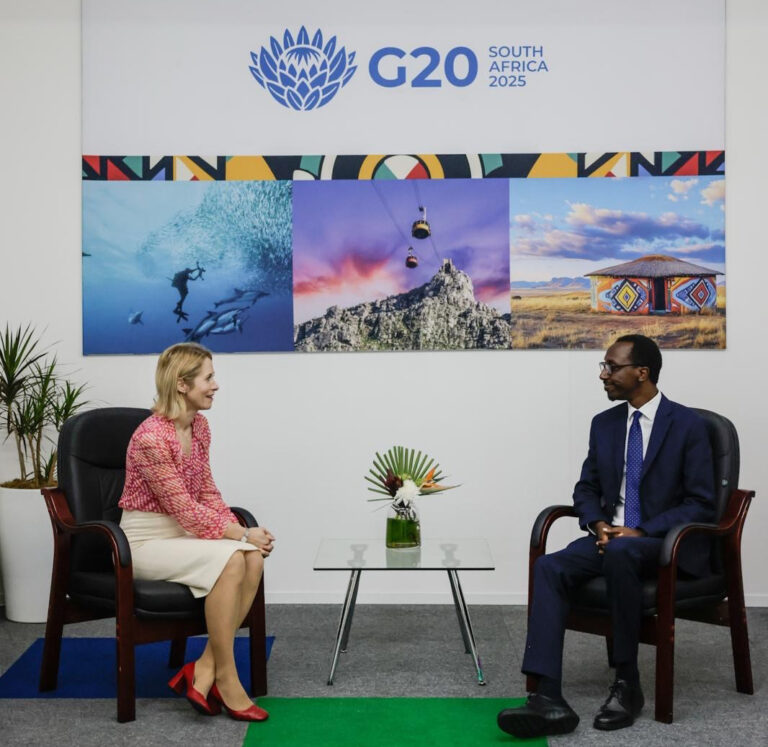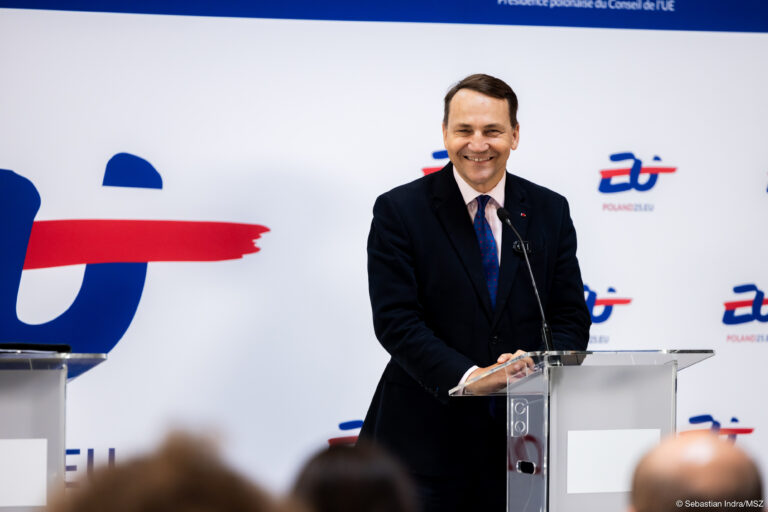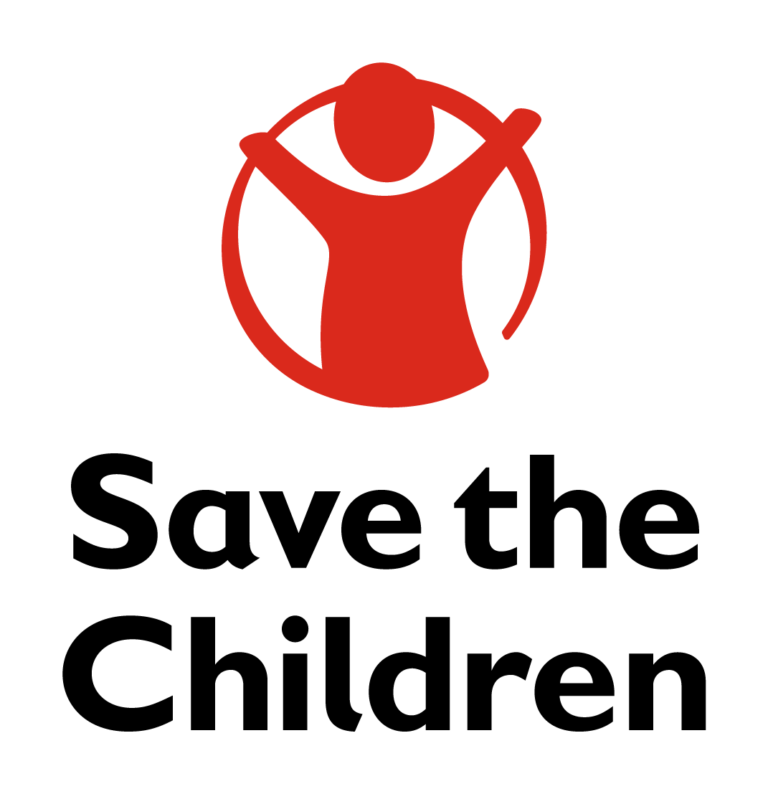By Sofie From-Emmesberger
Ethiopia just celebrated 129 years since the victory at Adwa – a historic moment for the country, the whole continent and beyond. At the ceremony, I paid special attention to H.E. President Taye Atske-Selassie reminding us that Adwa signifies freedom, strength, unity, respect and pride and encouraged us to “work with strength and discipline for wellbeing, prosperity and development”.
This is also how the European Union (EU) sees our partnership with Ethiopia. We share a range of interests and core values, including the need for collective approaches to peace and security, counter-terrorism, regional economic integration, tackling climate change as well as the goals of sustainable development and prosperity. Because of these shared interests, we want to pull in the same direction, building on the Amharic proverb ድር ቢያብር አንበሳ ያስር – “unity is strength”.
28 February 1975 was one of the decisive moments in our relations. On this day, the EU’s predecessor, the European Economic Community (EEC), and Ethiopia co-signed the landmark Lomé Convention, which established the foundation of what has become a vibrant and resilient relationship. It is also exciting for EU member states, 21 of them being present in Addis Ababa today, that their ties go back much longer in history. Together as “Team Europe”, the EU and our Member States are a strong, reliable partner, with our collective collaboration with Ethiopia in different forms amounting to around €1 billion euro annually.
Ethiopia has been and continues to be one of the EU’s most important partners on the African continent. At the early stages of our partnership, the focus was on development cooperation and favourable terms of trade; this has continued, as from 2001 onwards the “Everything But Arms” trade programme provides a unique facility for tariff-free access of Ethiopian products to the EU market. In parallel, the European Investment Bank (EIB) began investing in Ethiopia as early as 1982, financing multiple sectors from clean energy to women entrepreneurs.
In 2006, the EU established an office for its European Civil Protection and Humanitarian Aid Operations – ECHO, in Addis Ababa, which first started with support to food security, health, and education. Humanitarian aid later switched to emergency support in conflict areas.
In 2016, the EU and Ethiopia signed a “Strategic Engagement”, committing both sides to close cooperation in different areas. With Prime Minister Abiy taking office and the development that followed, the EU adopted Conclusions on Ethiopia in 2018, taking note of the new impetus on political and economic reforms and welcoming the ambitious agenda towards a more democratic and just Ethiopian society. The adoption of these Conclusions also acknowledged the great potential encapsulated in Ethiopia’s diversity as well as its challenges.
Ethiopia’s tragic conflict from 2020 to 2022 tested our diplomatic ties. Nonetheless, the EU never abandoned the Ethiopian people, providing continued support in areas of need. The EU also pro-actively called for peace and actively supported the AU-led and Ethiopian-owned peace process, and moved quickly to provide funding including for disarmament, transitional justice, and the national dialogue. Meanwhile, in spite of geopolitical challenges in many parts of the world – such as Russia’s war of aggression against Ukraine – the EU has continued to support Ethiopia across all areas of our relations.
The future bodes well for the EU and Ethiopia to further enhance cooperation, including through the EU Global Gateway and the Horn of Africa Initiative. Key focus areas for the EU’s engagement are the cooperation in renewable energy supporting Ethiopia’s home-grown Green Legacy initiative, in digitalisation, in agriculture and connecting to all these strands, in the private sector. All this is in support of the Government’s ambitious reform agenda, which the EU wants to succeed. Stability and security, dialogue and an effective rule of law are crucial factors that will contribute to unleash the full potential of these reforms. This is central also for European companies as they decide to invest, creating jobs and paying taxes. A space where all feel comfortable to express their views and ideas will contribute to innovation and development. The inclusion of women will improve GDP growth and contribute to inclusive development.
Above politics and economics, the future of EU-Ethiopia relations lies in their people. Cultural and educational exchanges have played an important role in building and fostering our relationship. The Erasmus+ scholarship programme sees dozens of Ethiopian students studying in Europe every year, contributing to strengthening our ties. Europeans from all trades and with various background have also made Ethiopia their home, and individual relations have been very strong between the two continents. There has also been a rise in sports, music, visual arts, and film festivals, and with these people-to-people interactions, an increase in cultural ties. The EU-Ethiopia relationship is not just political – it is deeply personal.
Given Ethiopia’s history as a co-founder of the United Nations, the EU views Ethiopia as an invaluable co-champion in upholding and promoting multilateralism and a rules-based international order. In these turbulent geopolitical times, this is needed more than ever.
All this is testament to the fact that what started as a mostly economic partnership has grown into a robust and diverse relationship based on mutual respect, shared interests and joint initiatives. Coming back to the proverbድር ቢያብር አንበሳ ያስር, as EU, we want to pull in the same direction and we are looking forward to the next 50 years of ever-closer cooperation with Ethiopia.
Sofie From-Emmesberger is Ambassador of the European Union to Ethiopia








